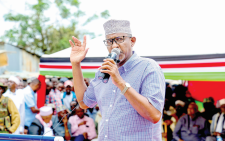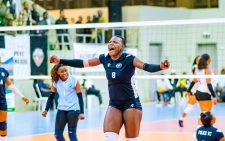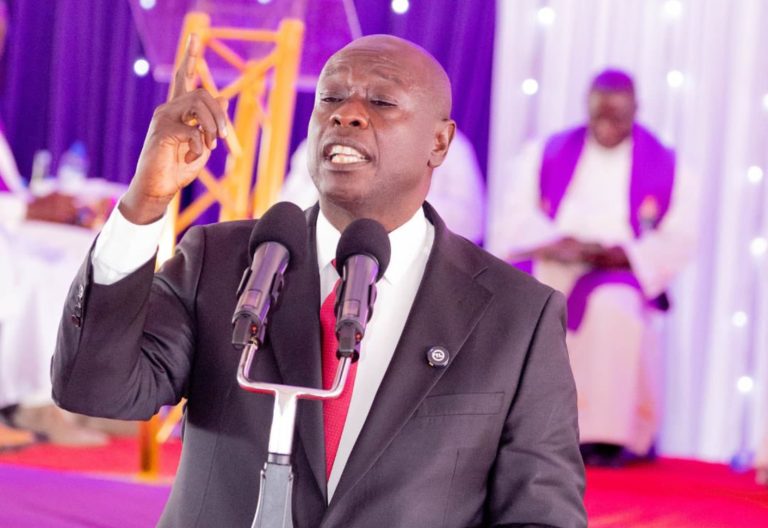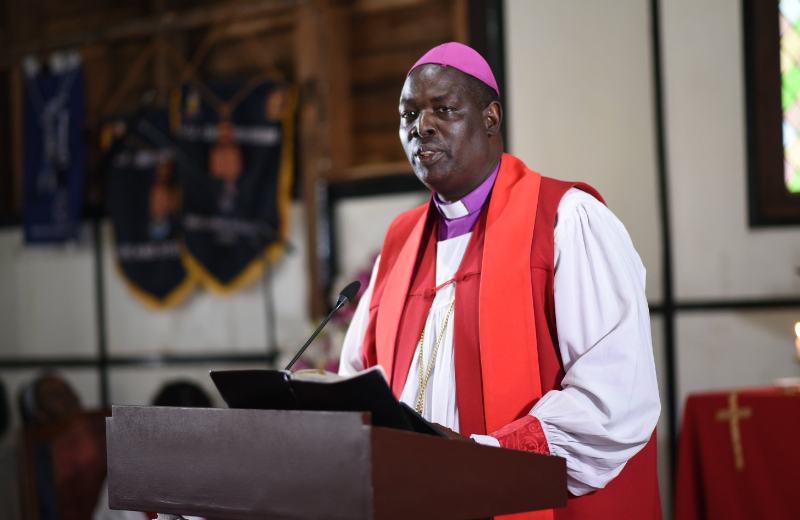How my mother helped shape my journalism career

My mother’s military career came to an abrupt halt when she became pregnant with me while still undergoing training at the Armed Forces Training College in Lanet, Nakuru. Sometimes, I try to imagine what was going through her mind as she put her belongings in the green oblong military bag that she left the barracks with. I believe that turning point has significantly influenced our relationship over the years.
Growing up, my mother often used to tell me; “I will hit you like a golf ball”. I had no idea what she meant until about four years ago when I started golfing. Every time I teed off, hitting the little ball over the Limuru fairways, and watching it sail in the misty air for about 200 metres, I would remember my mother’s words. That was what she meant. Standing there, alone in the tee box, I would see myself in that ball and really wonder if my mother really meant what she said.
Sometimes, she would say; “I will beat you like I will get a cup”. Again, her words would go over my head. I did not understand she meant trophy and always wondered why cup and not bowl or plate. Sometimes she would also say; “ngukuhura mbara ya come and see”. Suffice it to say that that amounted to a mortal threat and I had flee for a while.
So, when my friends tell me that their mothers were strict disciplinarians, I usually tell them mine used combat techniques on me. With the benefit of hindsight, however, it is that discipline she instilled in me that drives me and many others of my generation to this day.
One refrain that my mother kept repeating was that I relished bad news “like a policeman’s wife”. In those days, we used to live in Bangladesh, a poor neighbourhood in Nakuru. No day went by without some drama or crime, and police raids on brewers were common. I must have been keen on recalling the episodes probably because we had neither radio nor TV and someone had to recap the day’s news before bedtime. I assigned myself that role.
Now I know what my mother mistook for a policeman’s wife syndrome is what journalists call “a nose for news”, something that my mother subconsciously taught me. Today, I can smell a good story from a mile off. (By the way, if you hear something interesting, please let me know. Be sure I will tell others).
Although my mother and I have had differences of biblical proportions, there are two things she did that have shaped my journalism career. When we were living in Nairobi, she and my father enrolled me at the Church Army Nursery School on Jogoo Road. I always find that decision ironical because my mother had been discharged from the army on my account. It was at Church Army that I first learned how to read and write. I am still at it four decades later, thanks to the decision my parents made when I was a little boy who could not distinguish between an officer and a soldier.
Although my love for stories was planted in nursery school, it flowered when one day I realised books are written “by people for the people”. I must have been six or seven when I found my “aha” moment, thanks to the storybooks that my mother made me read out aloud after I was done reciting the multiplication table before bedtime.
From the storybooks, I graduated to reading newspapers. Every day on my way to school, I would stop by the vendor’s to read the headlines of the newspapers spread out on the ground. Sometimes, I had to squeeze past adults to get a good view.
As a literature student—you must have seen by now how I got there—I came across Mathew Arnold’s aphorism that “journalism is literature in a hurry” and I said to myself: “Perfect!” That year, I started writing for The People, then a weekly. Today, I am back. Because my mother, Rosemary Wanjiku, recruited me into the world of storytelling way back in time.
Happy Mothers’ Day!
— The writer is the Managing Editor of the People Daily










